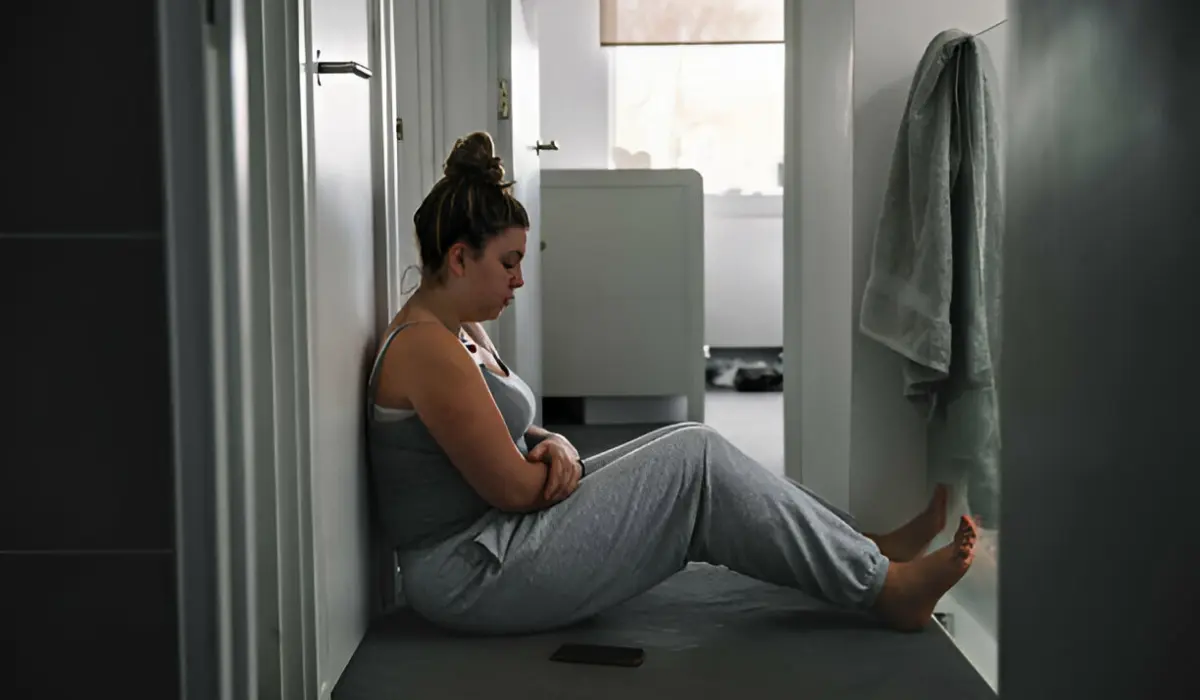Itching in the clitoral area, commonly referred to as an itchy clitoris or clitorial hood, can be a frustrating and disruptive experience. This delicate region is highly sensitive, and persistent itching can significantly impact daily life, causing discomfort, irritation, and potential embarrassment. The clitoris plays a crucial role in sexual pleasure and arousal, making an itchy clitoris a condition that can affect one’s overall well-being and intimate relationships.
The causes of an itchy clitoris can vary widely, ranging from innocuous irritants to more serious underlying conditions. It’s essential to address this issue promptly, as prolonged itching can lead to further irritation, discomfort, and potential complications. Understanding the possible causes of clitoris itching is the first step in finding appropriate treatment and relief.
While an itchy clitoris can be a source of discomfort and distress, it’s important to remember that it’s a common concern that many individuals face. By recognizing the potential causes and seeking proper medical attention when necessary, individuals can effectively manage and alleviate this condition, restoring their comfort and confidence.
Causes Of Clitoris Itching
Several factors can contribute to an itchy clitoris or clitorial hood, and it’s essential to identify the underlying cause to address the issue effectively. Here are five possible causes of clitoris itching:

1. Irritation from hygiene products or harsh soaps: The clitoral area is highly sensitive, and using harsh soaps, scented products, or even certain laundry detergents can cause irritation and lead to an itchy clitoris.
2. Yeast infections: Candida overgrowth, commonly known as a yeast infection, can affect the clitoral area, resulting in itching, redness, and discomfort.
3. Allergic reactions: Some individuals may experience an allergic reaction to certain fabrics, such as synthetic materials or latex, which can lead to an itchy clitoris or clitorial hood.
4. Skin conditions: Eczema, psoriasis, or other skin disorders can sometimes affect the clitoral region, causing itching, dryness, and inflammation.
5. Sexually transmitted infections (STIs): Certain STIs, like herpes or trichomoniasis, can cause sores, blisters, or irritation in the genital area, including the clitoris, leading to persistent itching.
Symptoms
In addition to an itchy clitoris or clitorial hood, individuals may experience other symptoms, such as:
– Redness, swelling, or inflammation in the clitoral area
– Pain or discomfort during sexual activity or urination
– Burning or stinging sensation
Treatment
The treatment for an itchy clitoris will depend on the underlying cause. Some potential treatment options include:
– Avoiding irritants and practicing good hygiene: Using gentle, fragrance-free cleansers and avoiding harsh soaps or products can help reduce irritation.
– Over-the-counter creams or ointments: For mild cases of itching, over-the-counter hydrocortisone creams or anti-itch ointments may provide relief.
– Prescription medications: In cases of infections or underlying conditions, your healthcare provider may prescribe antifungal medications, antibiotics, or other appropriate treatments.
– Lifestyle changes: Wearing breathable underwear, using hypoallergenic products, and avoiding potential irritants can help prevent or manage an itchy clitoris.
When To See A Doctor?
While an itchy clitoris or clitorial hood may seem like a minor issue, it’s important to seek medical advice in certain situations:
– If the itching persists or becomes severe, and home remedies don’t provide relief
– If you experience other concerning symptoms, such as abnormal discharge, pain, or fever
– If the itching is recurrent or you’re unable to identify the cause
– If the discomfort or itching significantly impacts your daily life or sexual activity
Your healthcare provider can perform a thorough examination, identify the underlying cause, and recommend the appropriate treatment.
Conclusion
An itchy clitoris or clitorial hood can be a distressing and uncomfortable condition, but understanding the possible causes and seeking proper treatment is essential. Whether it’s due to irritation, infection, skin conditions, or allergic reactions, addressing the underlying issue is crucial for finding relief and preventing further discomfort.
If you experience persistent or bothersome itching in the clitoral area, don’t hesitate to seek medical advice. Your healthcare provider can provide a proper diagnosis and recommend the appropriate course of action to alleviate your symptoms and improve your overall well-being.
Remember, an itchy clitoris is a common concern, and there’s no need to feel embarrassed or ashamed. With the right treatment and care, you can find relief and regain your comfort and confidence.
Frequently Asked Questions
An itchy clitoris can be caused by various factors, some of which are relatively minor, while others may indicate a more serious underlying condition. It’s important to pay attention to any accompanying symptoms and seek medical advice if the itching persists or worsens.
Poor hygiene practices can contribute to an itchy clitoris. Using harsh soaps, failing to clean the area properly, or wearing tight, non-breathable clothing can increase the risk of irritation and itching.
Over-the-counter hydrocortisone creams or anti-itch ointments can provide relief for mild cases of clitoral itching. However, it’s important to follow the instructions carefully and avoid using these products for an extended period without consulting a healthcare provider.
Yes, certain STIs, such as herpes or trichomoniasis, can cause sores, blisters, or irritation in the genital area, including the clitoris, leading to persistent itching. If you suspect an STI, it’s crucial to seek medical attention for proper diagnosis and treatment.
To prevent recurrences of an itchy clitoris, it’s important to identify and address the underlying cause. This may involve practicing good hygiene, wearing breathable underwear, avoiding potential irritants, and seeking medical treatment for any infections or skin conditions. Maintaining a healthy lifestyle and regular check-ups can also help reduce the risk of clitoral itching.



